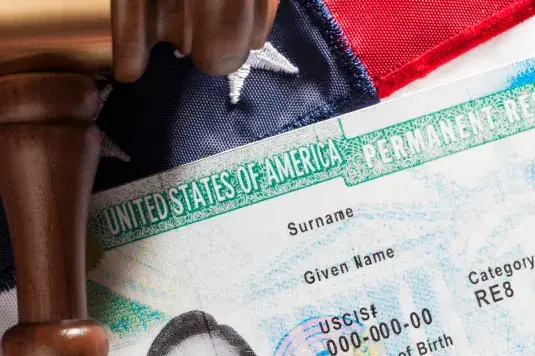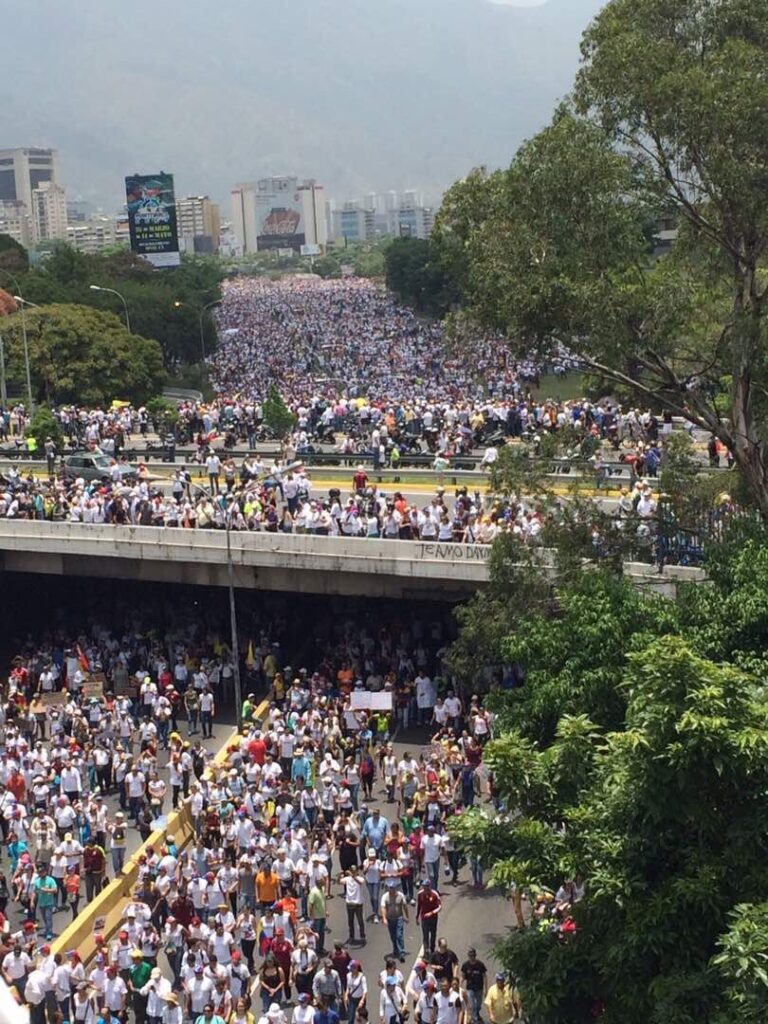At the age of eight years old, my life was turned upside down because of a lottery system that most Americans are completely unaware of. The Diversity Visa, also known as the immigration lottery, is the easiest and fastest track to legal immigration to the United States. Given to just a few applicants per year, it grants a visa to underrepresented communities in the United States to enter and live here and work their way up from a green card to a naturalized citizen. For example, nationalities such as Congolese, Iranian and Ghanaian, which are not often present in the US and are therefore not represented, are given an easy method of immigration to the US and away from their homeland. Furthermore, this visa is often just called the “lottery,” as the selection process is supposed to be random and selective of very few that apply. Each year, over 11 million people try their luck, and only 55,000 people are selected. One essentially has a one percent chance of being selected.
As a person hoping to immigrate to the United States, being selected means being able to set your roots for generations to come in the United States while being able to revisit your home country. Similar to any other lottery selection process, people who win will have their lives transformed, and the many who are not selected yearly prepare for the next application cycle. In Iran, there was always a dichotomy between the vocalized public outlook on American politics and immigration to the West, but nearly one million Iranians apply annually to the lottery regardless, and that number grows yearly. This is additionally surprising, as the lottery system is not discussed in the media, so it was either spread by word of mouth or informal communication methods such as social media platforms. This is the case for many of the nations that receive the largest numbers of winners, the majority being African nations such as Ghana, Nigeria and Somalia.
However, the validity of the Diversity Visa has recently been heavily questioned by former U.S. President and current presidential candidate Donald Trump, as well as much of the Republican party. Many believe new immigrants with Diversity Visa take jobs away from American citizens. Similarly, Donald Trump and many other Republicans have been harsh towards illegal immigration and even the granting of visa or citizenship to people hoping to enter the United States. While the nation is tackling issues of mass illegal immigration and concerns over border safety, the United States is continuing to offer a gateway of legal immigration to citizens from many lesser developed countries who don’t necessarily possess a helpful skill such as H1-B visa holders, have the stable family structure of sponsored citizens, nor the ability to get a job and contribute to the nation’s economy. Donald Trump even made it clear he would not endorse any form of migration from many Middle Eastern countries during his often-referred to–“Muslim ban.” Trump also implemented and extended lesser-known policies, known as Presidential Proclamations 10014 and 10052, under the guise of protecting the U.S. labor market after COVID-19 broke out. These proclamations led to the further destruction of the American lottery system, and to this day, many people who were selected for the lottery during this time are still upended. They have no residency in the U.S. and are uncertain if they’ll ever be able to immigrate. President Joseph Biden has not taken the necessary steps to grant these people who have already selected their citizenship either.
Another point of criticism about the lottery visa selection is that it doesn’t allow for application from certain countries, which are Bangladesh, Brazil, Canada, China (including Hong Kong SAR), Colombia, Dominican Republic, El Salvador, United Kingdom (except Northern Ireland) and its territories, Haiti, Honduras, India, Jamaica, Mexico, Nigeria, Pakistan, Philippines, South Korea, Venezuela and Vietnam. This is mainly because those nations sent more than 50,000 immigrants to the US in the previous five years. So while many Mexican individuals wait their turn to be allowed into the country, people immigrating from global powers such as France can still apply for the Diversity Visa. Many believe this is rather unfair, as people hoping to immigrate cannot control their chances of selection or the overall number of immigrants from their country.
However, there is no question that the Diversity Visa allows the rest of the world to preserve their perspective of the United States as a global superpower. As people in many countries do not even have American embassies or regular access to the resources required to apply for a mere visa, people in nations such as Iran are capable of building a new life for themselves far away from home and securing a new form of citizenship. It continues the narrative of the United States being the “place to be” and a “land of opportunity,” and also allows the United States to benefit from the diversification of interested populaces.
The validity of the Diversity Visa in this nation remains in limbo, but there is no question that this lesser-known method of immigration has transformed many lives, such as mine, and given hope to ordinary people that they have the opportunity to immigrate. As changes around national immigration policy continue and we examine the 2024 U.S. presidential election, it will become clear whether this nation is heading down a track to eliminating access to this pivotal resource.







